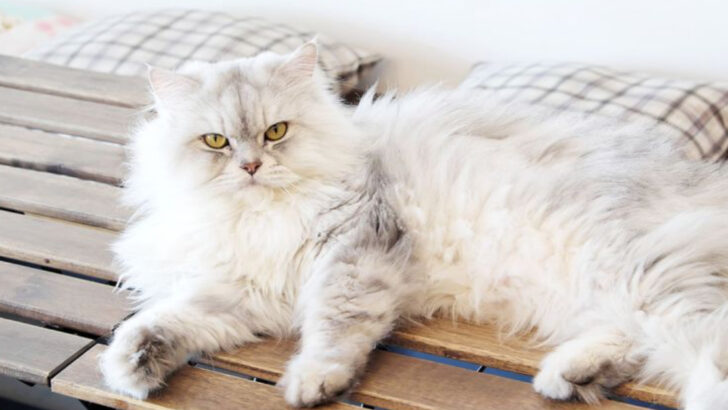Not all cats want your cuddles—some are just too polite to scratch you for trying. Sure, they look soft and snuggly. They might even curl up on your lap when it’s their idea. But try to pick them up, and you’ll get the slow blink of betrayal—or a lightning-fast escape. The truth is, some of the most popular cat breeds are not fans of being held. They crave affection, but on their own terms. And if you ignore their signals, they’ll make you pay in side-eyes and shredded blinds. Before you scoop up that floofy feline, find out which beloved breeds secretly despise it. Your arms—and your ego—will thank you.
Bengal
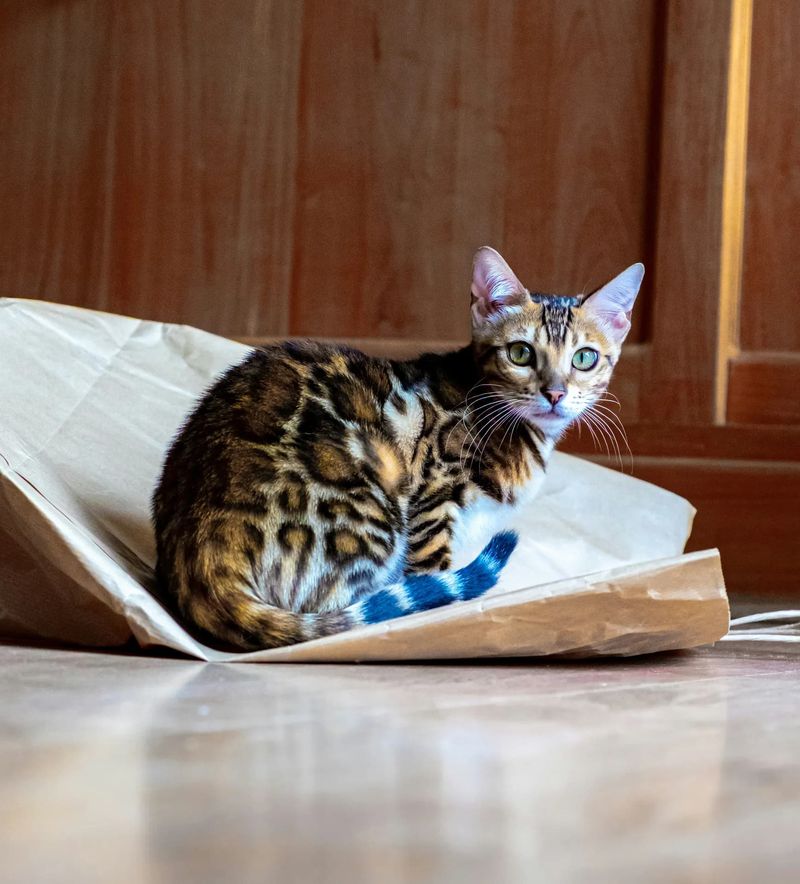
Bengals are known for their striking, leopard-like appearance and energetic nature. These felines are incredibly active and prefer to explore rather than sit still. Their athletic prowess is unmatched as they climb and leap effortlessly.
Though Bengals are affectionate, they often express love through play rather than cuddles. Owners cherish their vocalizations and intelligence.
If you’re seeking a cat that enjoys interaction without constant hugs, the Bengal is a perfect match. They thrive in environments that stimulate their curiosity.
Siamese

With their distinctive appearance and talkative nature, Siamese cats captivate many. Known for their striking blue eyes and sleek bodies, these cats prefer attention on their own terms.
Siamese cats are highly social yet independent, often following owners but not always seeking physical touch. Their vocalizations express their mood effectively.
They enjoy engaging in activities that stimulate their minds, making them lively companions. The Siamese thrives best when their boundaries are respected, offering affection without the need to be held constantly.
Scottish Fold
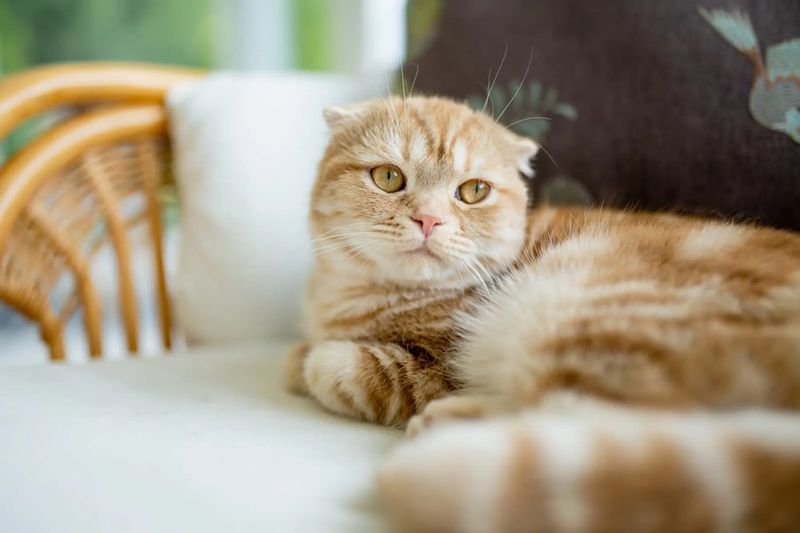
Scottish Folds are adored for their unique folded ears and round faces. Despite their cute appearance, they can be particular about how they are handled.
These cats enjoy quiet companionship and often sit nearby, observing their surroundings. Their calm demeanor is a delight to many.
While they may tolerate brief cuddles, they prefer their feet firmly on the ground. Offering companionship without overwhelming them is key to their happiness.
Russian Blue
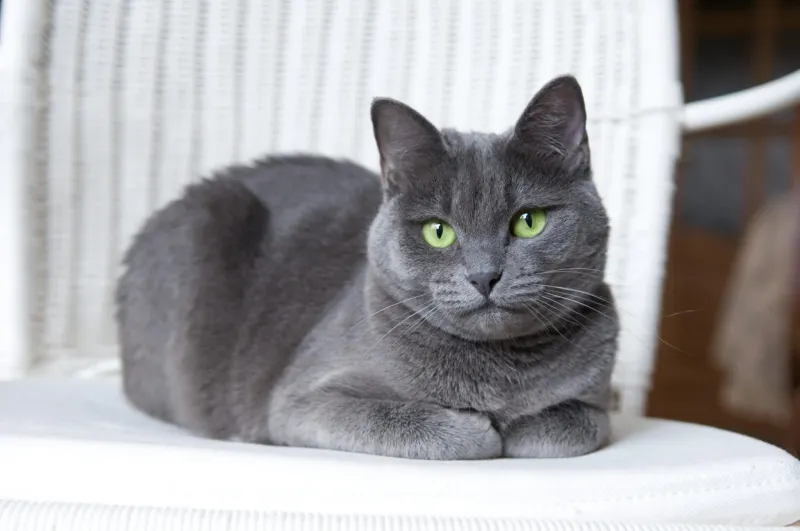
The Russian Blue, with its shimmering coat and emerald eyes, exudes elegance. Known for their reserved nature, these cats often take their time warming up to new people.
Once trust is built, they become affectionate without the need for constant holding. They prefer gentle interactions and value their independence.
Owners appreciate their quiet companionship, as they offer a serene presence. The Russian Blue is perfect for those who appreciate beauty and grace from a distance.
Norwegian Forest Cat
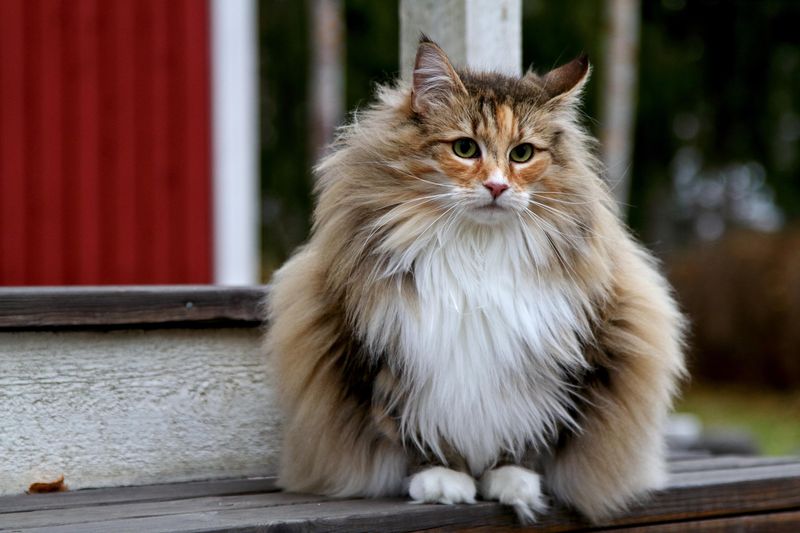
With a majestic appearance, the Norwegian Forest Cat captures the hearts of many. These cats are natural explorers, enjoying climbing and surveying their dominion from high vantage points.
Their independent nature means they’re more interested in adventure than being cradled. They bond deeply with their human companions over time.
Appreciating their rugged beauty and allowing them freedom brings out their best qualities. They cherish human interaction when it’s not too intrusive.
Persian
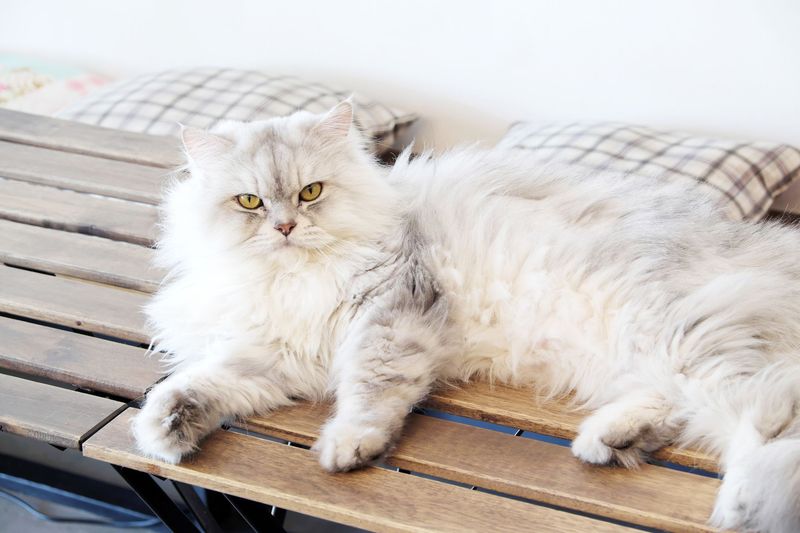
Persians are synonymous with luxury and grace, known for their long, flowing coats and serene nature. They enjoy calm environments and gentle affection.
While they appreciate companionship, they may resist being picked up frequently. Their preference is to relax beside their humans, basking in a peaceful atmosphere.
Caring for a Persian involves understanding their need for space, allowing them to approach on their terms. Their beauty and gentle presence are best admired at a respectful distance.
Abyssinian

The Abyssinian, with its lithe body and lively spirit, is always on the move. These cats thrive in environments that challenge their agility and intelligence.
Though affectionate, they often show love through interactive play rather than being held. Their curiosity leads them to explore every corner.
Admired for their adventurous nature, Abyssinians enjoy companionship that respects their space. Encouraging their playful antics is a way to bond deeply without invading their personal bubble.
Turkish Van
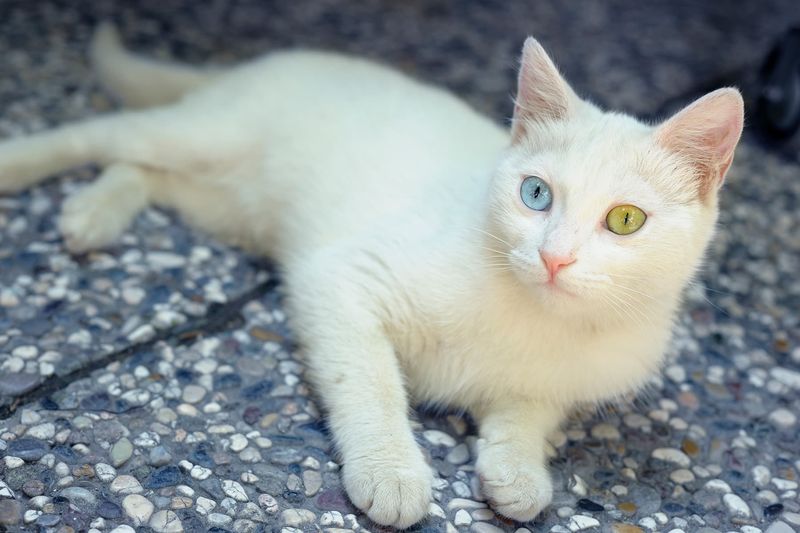
The Turkish Van is famed for its affinity with water, a rare trait among felines. Known for their striking appearance, these cats are active and playful.
They prefer engaging activities over sitting still, often exploring their environment with enthusiasm. While they enjoy human interaction, they like to do so on their own terms.
Encouraging their adventurous spirit without imposing too much restraint ensures a happy companionship. The Turkish Van is best appreciated as a dynamic family member with a mind of its own.
British Shorthair
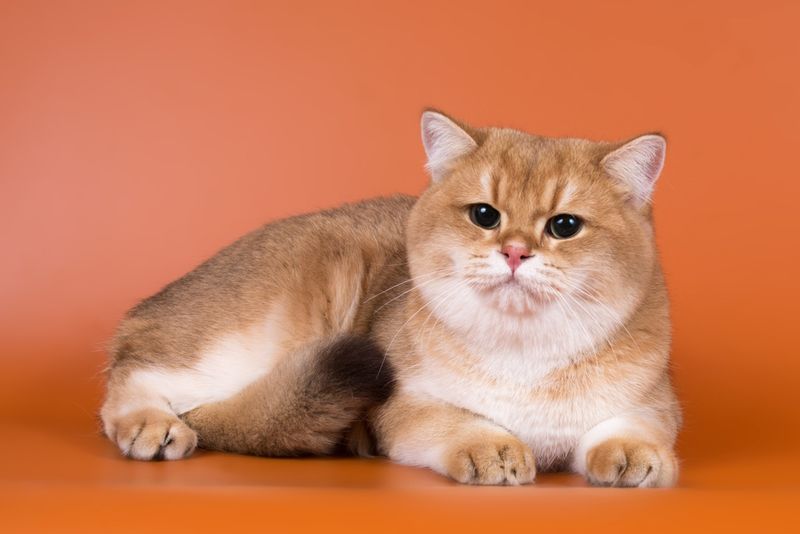
Known for their plush coats and distinctive chubby cheeks, British Shorthairs exude charm. These cats enjoy calm environments where they can relax without being disturbed.
While fond of their human companions, they often prefer to sit beside rather than on laps. Their independent streak is balanced by affectionate gestures when they choose.
Owners appreciate their quiet company, as these cats offer love in a dignified manner. The British Shorthair is ideal for those who value gentle affection and peaceful coexistence.
Maine Coon
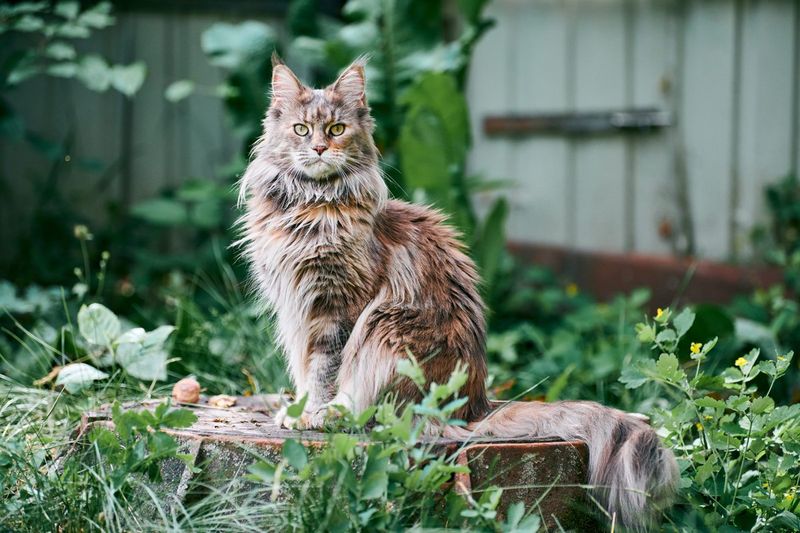
Maine Coons are known for their size and gentle disposition. Despite their affectionate nature, they often prefer freedom over confinement.
These cats are independent explorers, relishing the opportunity to roam and observe. They express love through presence rather than proximity.
Their majestic appearance is matched by a robust personality that thrives on respect for their space. Maine Coons flourish in environments that offer them room to wander and express themselves.

